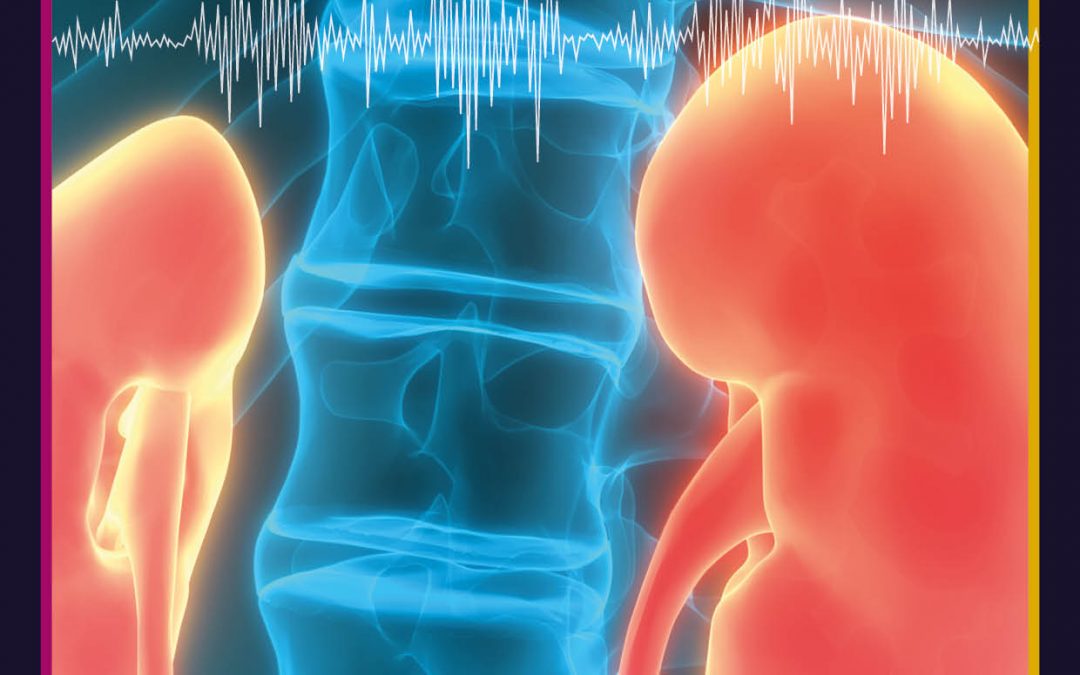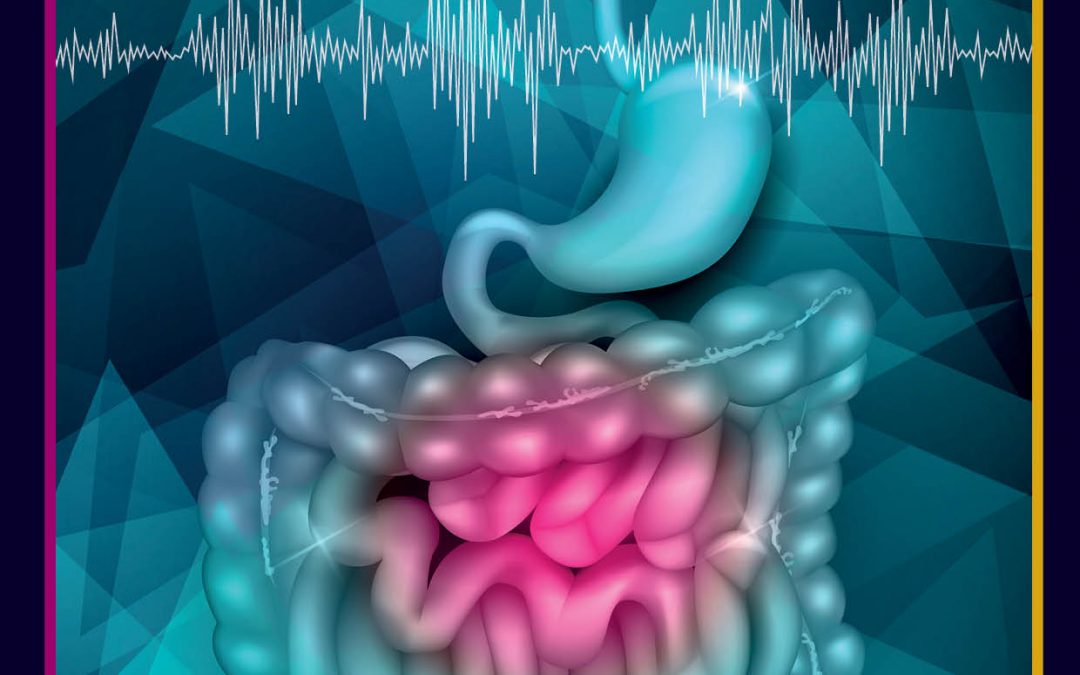
by admin | Apr 28, 2021 | biology, health and medicine
Use of Experimental Medicine for Rational Development of an Effective HIV Vaccine – Professor Tomáš Hanke, University of Oxford SciPod · Use Of Experimental Medicine For Rational Development Of An Effective HIV Vaccine Original Article Reference This SciPod is...

by admin | Apr 23, 2021 | health and medicine
SciPod · Public Health Advocacy In The Fight Against Breast Cancer – Professor Janet Gray And Nancy Buermeyer Original Article Reference This SciPod is a summary of the paper: https://doi.org/10.1080/09538259.2020.1769293 Share Episode Tweet Share 0 Reddit +1...

by admin | Mar 12, 2021 | health and medicine, social and behavioural sciences, trending
SciPod · Studying Meditation-Related Challenges In Western Buddhism Original Article Reference This SciPod is a summary of the paper ‘The varieties of contemplative experience: A mixed-methods study of meditation-related challenges in Western Buddhists, from the open...

by admin | Feb 12, 2021 | engineering and tech, health and medicine
SciPod · How Ought The Law To Deal With Implanted Medical Devices – Professor Muireann Quigley Original Article Reference This SciPod is a summary of the paper: https://doi.org/10.33548/SCIENTIA541 Share Episode Tweet Share 0 Reddit +1 Pocket Pinterest 0...

by admin | Nov 24, 2020 | biology, health and medicine, trending
SciPod · A Personalised Mathematical Model For Anaemia In Patients With Chronic Kidney Disease Original Article Reference This SciPod is a summary of the paper ‘Prediction of haemoglobin levels in individual hemodialysis patients by means of a mathematical model of...

by admin | Nov 23, 2020 | health and medicine, Karger Publishers
Emerging Treatment Options in Inflammatory Bowel Disease SciPod · Emerging Treatment Options In Inflammatory Bowel Disease In Collaboration With Original Article Reference This SciPod is a shortened and simplified summary of ‘Emerging Treatment Options in Inflammatory...







